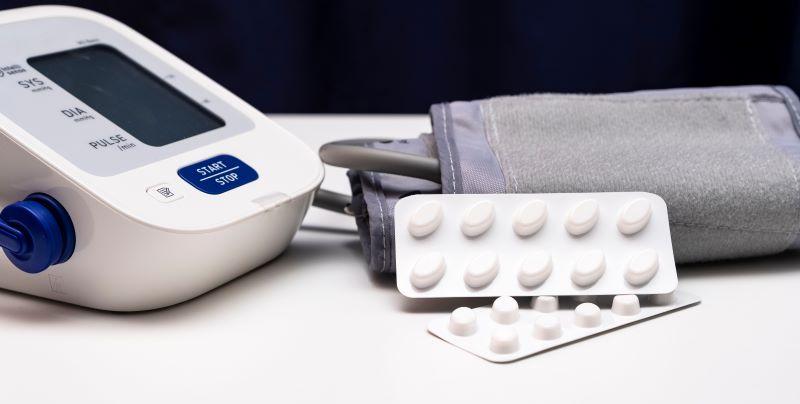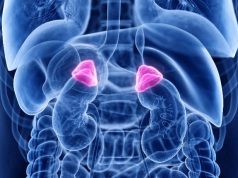Potassium magnesium citrate attenuates rise in fasting plasma glucose by 7.9 mg/dL versus potassium chloride
By Elana Gotkine HealthDay Reporter
TUESDAY, Dec. 26, 2023 (HealthDay News) — For patients with hypertension without diabetes, potassium magnesium citrate (KMgCit) is better than potassium chloride (KCl) for preventing thiazide diuretic (TD)-induced hyperglycemia, according to a study published in the December issue of Hypertension.
Noting that TDs, which are the first-line treatment for hypertension, can cause excess risk for diabetes, Wanpen Vongpatanasin, M.D., from the University of Texas Southwestern Medical Center in Dallas, and colleagues conducted a double-blinded randomized clinical trial involving 60 patients with hypertension (without diabetes) to compare the effects of 16 weeks of KCl to KMgCit during chlorthalidone treatment. Before randomization, each patient received chlorthalidone alone for three weeks.
The researchers found that chlorthalidone alone induced a significant increase in fasting plasma glucose and significant decreases in serum K, serum Mg, and 24-hour urinary citrate excretion. The rise in fasting plasma glucose was attenuated by 7.9 mg/dL with KMgCit versus KCl. No significant differences were seen between the groups in liver fat.
“These findings suggest that KMgCit may offer a superior alternative to KCl, typically used in clinical practice, in maintaining serum potassium during thiazide-diuretic treatment while avoiding thiazide-induced hyperglycemia,” the authors write.
Three authors hold a patent for KMgCit.
Abstract/Full Text (subscription or payment may be required)
Copyright © 2023 HealthDay. All rights reserved.








